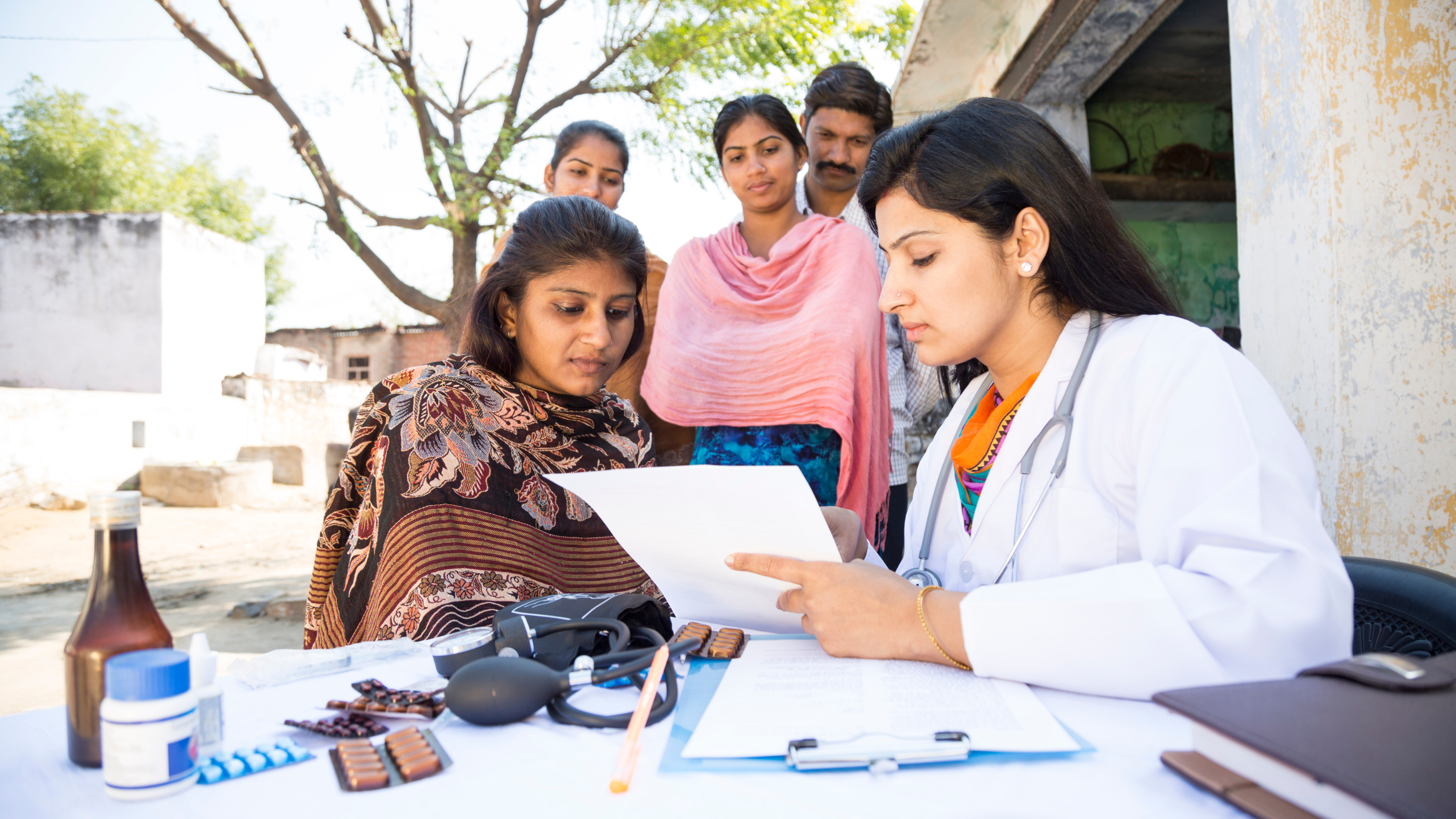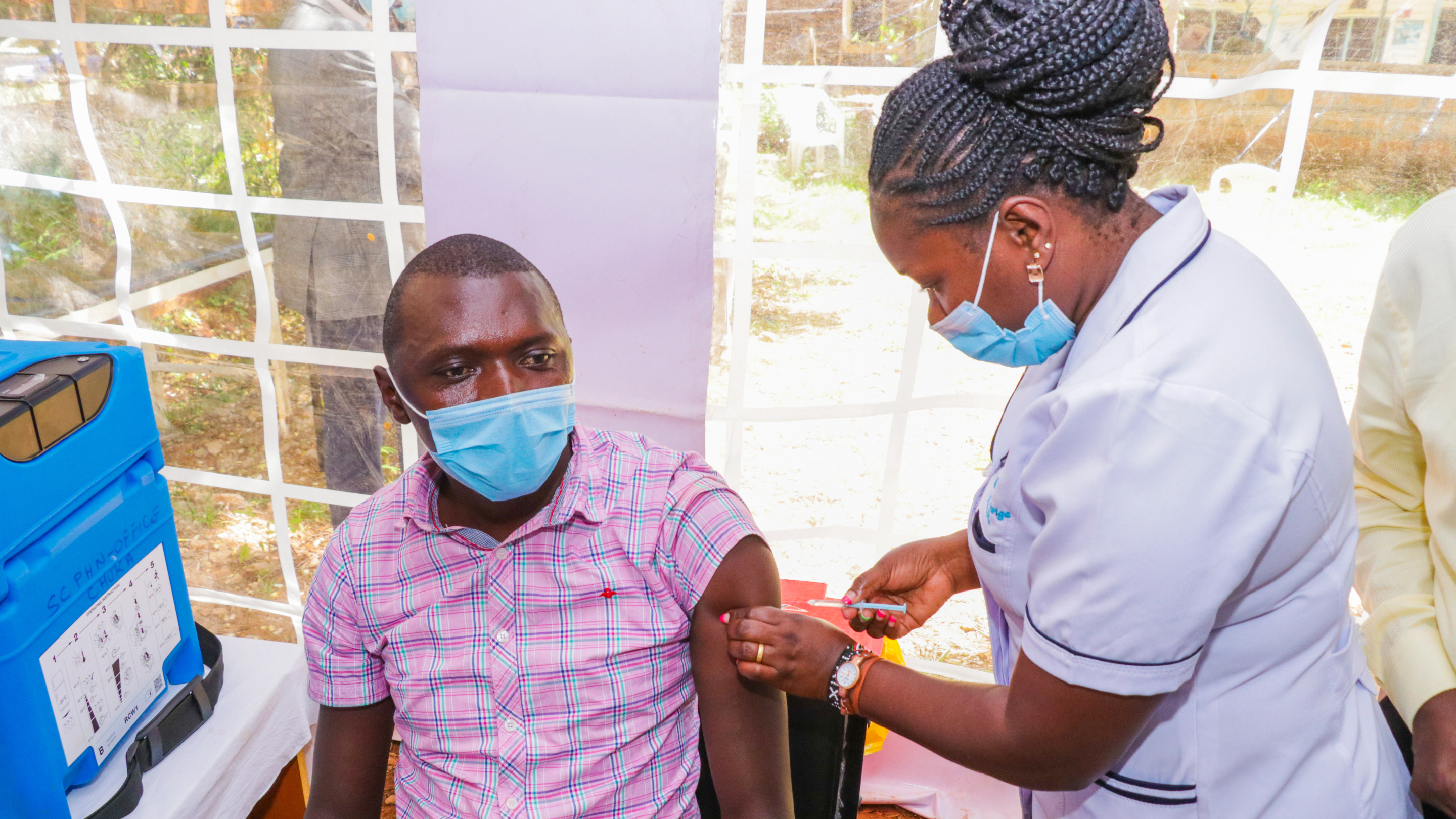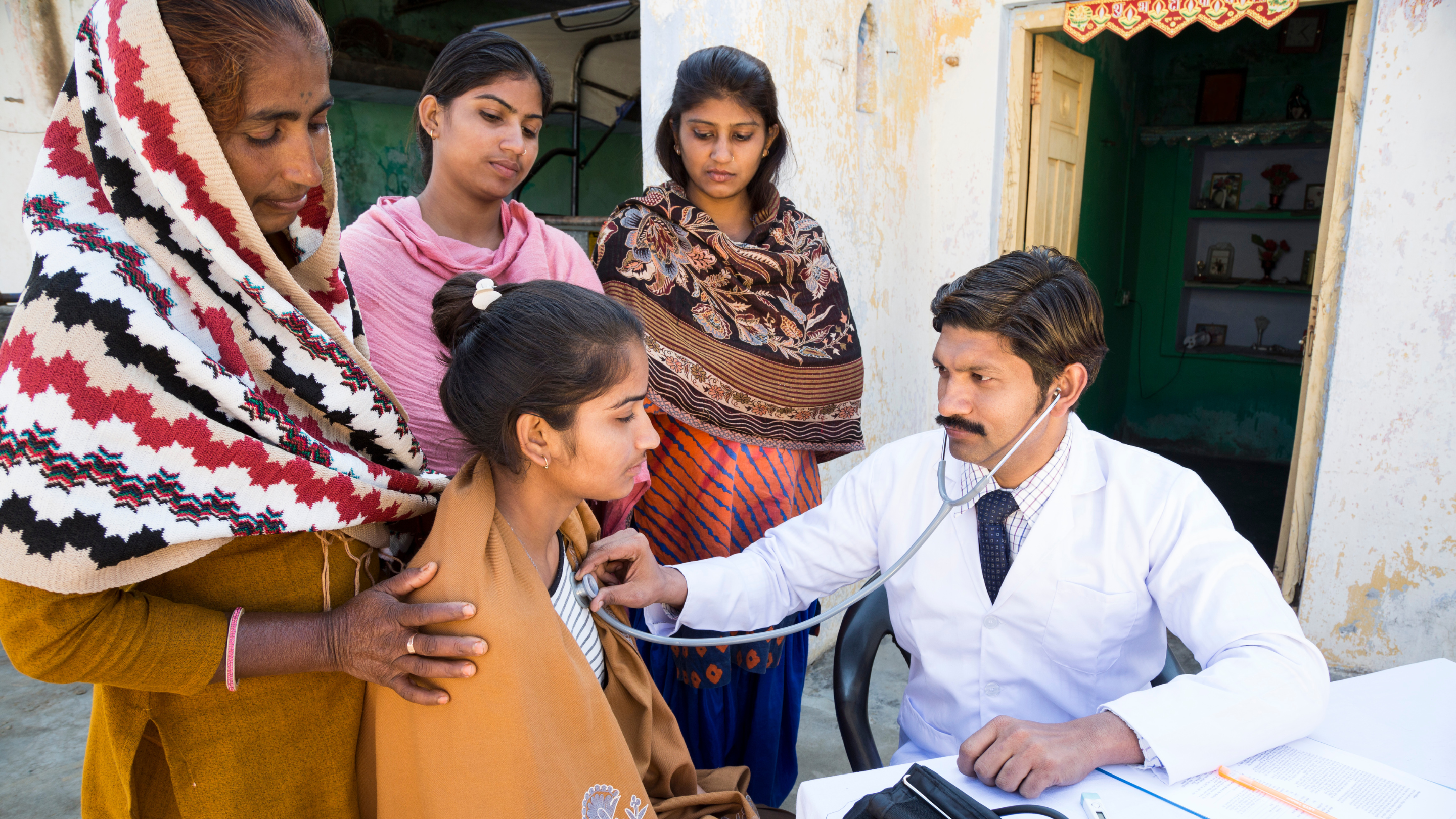
The Unique Challenges and Rewards of Rural Healthcare
As a nurse working in a very rural healthcare unit, I’ve encountered a unique set of challenges and opportunities that have broadened my perspective on healthcare delivery. Our unit serves as a patient-centered medical home, complete with an emergency room and an inpatient unit. The scope of practice here is incredibly broad, spanning from pre-natal care to end-of-life care, and everything in between.

A New Role in Nursing Education
My role as a Clinical Coach Coordinator is a new addition to our healthcare system. Working alongside our nurse educator, I’m responsible for enhancing and maintaining the competency of our practicing nurses, as well as orienting and developing new nurses. Additionally, I consult with our Chief Nursing Executive to improve our systems and processes.
Challenges in Maintaining Competency
One of the biggest challenges we face is the lack of a standardized nurse competency system. Each location runs its competency programs independently, with little collaboration or resource sharing between nurse educators. Our current system is a patchwork of various platforms and paper forms, which can lead to inefficiencies and gaps in our point-of-care testing programs.
Embracing New Resources
To address these challenges, I’ve been reviewing Open Access materials and creating quick reference sheets for our clinical staff. We’re also exploring the possibility of joining the Clinical Alliance under the rural access membership to provide additional resources for our nurses.
The Realities of Rural Healthcare
Our unit is located 80 miles from the nearest hospital and two hours from the nearest pediatric hospital. We handle our own emergency transports with five ambulances, often staffed by nurses due to our high vacancy rate. The remote location, coupled with challenging weather conditions, makes every transport a potential risk.
Our nurses practice with a heightened sense of caution due to the broad scope of practice, limited resources, high acuity, and increased health risks of our patient population. The emphasis on clinical reasoning and judgment in the Clinical Competency Framework is particularly relevant in our high-stakes environment.

The Challenges of Rural Healthcare Delivery
Our healthcare unit doesn’t just serve one location. We also staff two satellite clinics deep in rural areas, which often require emergency transport for critically ill patients. This presents unique challenges:
- We lack dedicated EMTs. Our Employee Health nurse often spends her off-hours riding in ambulances for hours at a time.
- With a nurse vacancy rate of nearly 60%, I frequently assist with emergent transports.
- Our Environmental Services staff are trained to drive ambulances but lack EMT training.
- High winds in our mountainous desert region often ground life flight helicopters.
- Ambulances lack working radios, and cell phones are unreliable in these remote areas.
These circumstances underscore the critical importance of clinical reasoning and judgment, as emphasized in the Clinical Competency Framework. Our setting is as challenging as it is unique, requiring healthcare providers to think on their feet and make crucial decisions with limited resources and support.
Cultural Integration and Community Connection
Despite these challenges, there’s a profound beauty in our situation stemming from our staff’s devotion to their community. Our healthcare providers work tirelessly, often caring for their own family members, which adds a personal dimension to their practice.
We’ve taken steps to integrate traditional medicine into our care model. A traditional medicine practitioner is on staff, and we have a traditional healing structure on our hospital grounds. This allows us to offer our community members a choice in their care that respects and incorporates their cultural practices.
The community we serve has a matrilineal and matriarchal structure, which provides daily lessons in cultural competency. This societal structure influences many aspects of healthcare delivery and patient interaction, creating a unique learning environment for healthcare providers not familiar with these customs.
Our staff’s personal connection to the community means they take their work very personally. Every problem becomes a personal challenge, every success a personal victory. This deep emotional investment in their work is both a strength and a potential stressor, representing another learning curve for those of us new to this environment.

Practicing at the Limits of Scope
In this rural setting, I often find myself practicing at the very top of my scope, and sometimes venturing into gray areas necessitated by our location, staffing limitations, and the urgent needs of critically ill patients. The support and knowledge offered by fellow healthcare professionals are invaluable in navigating these challenges.
Despite the difficulties, the dedication of our staff to their community and the opportunity to make a real difference in people’s lives make this a truly rewarding experience. Every day brings new challenges, but also new opportunities to grow as a healthcare provider and as a person.
This blend of modern healthcare practices with traditional cultural elements, combined with the intense personal investment of our staff, creates a healthcare environment unlike any other. It’s challenging, deeply rewarding, and provides constant opportunities for personal and professional growth.
Author: A dedicated nurse educator.
Share this post
Nurses International is a non-profit entirely focused on helping nurses obtain the education and the support they need to make a difference in developing nations worldwide.
We connect colleges and institutions with experts who can take their nursing programs to the next level. We help establish new nursing programs where they’re needed most. And we eliminate the barriers that stand between students and education.
QUICK LINKS
CONTACT US
FOLLOW US
EIN: 46-4502500